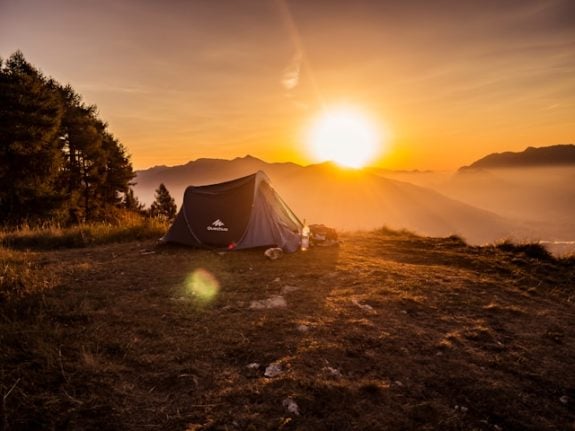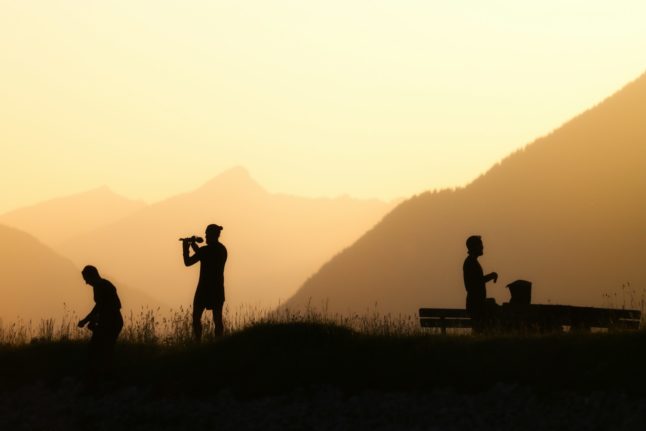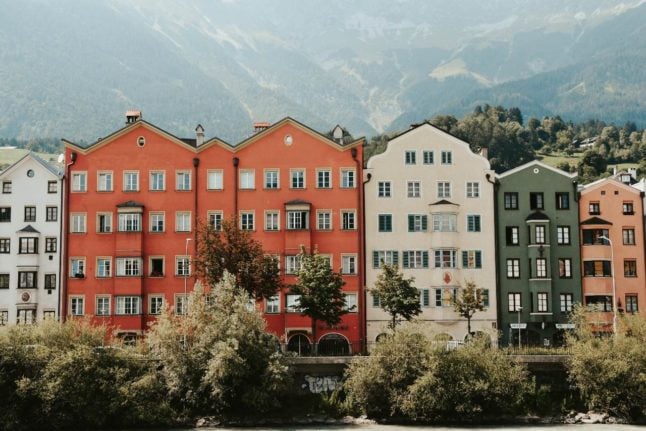Austria is a great place for all nature lovers, with its beautiful mountains, forests, lakes, and famous national parks. However, while enjoying the outdoors, it is important to be aware of what you are not allowed to do. Here are five things that you should avoid if you do not want to end up paying heavy fines.
Wild camping is not allowed
It might seem tempting to pitch your tent in a quiet place up a mountain or, perhaps, near a beautiful lake. But in Austria, it is important to remember that wild camping is in general prohibited, and you can only put up your tent in designated areas, such as camping sites.
If you do not follow these rules and get caught, you will be fined €5 to €500. If you violate these rules in a nature reserve, national park, or special protection area, you can be fined up to €14,500.

You cannot make a fire in a forest without permission
If you do not have permission from the forest owner, whether it refers to the state or a private person, starting a fire in an Austrian forest is a very bad idea. It is illegal, and this rule covers not only the main forest area but also the “combat zone” around it, where the density of trees decreases, and even nearby areas if there is a risk of fire spreading.
If you violate this rule, you could be fined up to €3,630 or even spend a short time in jail. Forest protection officers are on the lookout for rule-breakers and can force you to leave the forest or even detain you.
READ ALSO: Four Austrian national parks worth paying a visit
Be careful when picking berries and mushrooms
If you want to pick berries and mushrooms in the forest, it is important to keep in mind that they usually belong to the forest owner. However, if the owner does not forbid the picking with a sign, it is usually okay for you to pick a bit, but not too much.
There are some rules regarding the amount that you can pick without permission. You cannot pick and bring home more than two kilograms of mushrooms in one day, and you are not allowed to create or join big mushroom or berry-picking events. Furthermore, you cannot pick anything from the forest and use it for selling.
Breaking these rules could get you in trouble. If you are caught in a big picking event without permission, you might have to pay a fine of up to €150 or even go to jail for a week.
In some places like national parks or nature reserves, there might be special rules about picking mushrooms, so if you want to pick something there, it is a good idea to check what is allowed with the local authorities.

Do not take wood home from the forest
You can spend as much time as you want enjoying the forest, but you cannot just take wood home with you without permission. Trees and wood in the forest belong to the owner, so you need their permission before collecting any kind of wood, even fallen branches.
Taking wood without permission can get you in trouble. The forest owner could sue you for messing with their property or causing damage. The law also says that you are not allowed to take whole trees or damage trees, roots, or branches without permission. However, while it is generally not allowed to take wood, there are exceptions for small amounts, like a few branches, as long as it does not harm the tree.
Breaking these rules could mean getting fined up to €730 or even going to jail for a week. Forest protection officers can kick you out of the forest if you break the rules, report you to the authorities, or take away any wood you collected illegally.
You cannot bike everywhere
If you want to bike in the forest, remember that certain areas, such as fire-prone zones or areas with forestry infrastructure, can be restricted from access for safety and conservation reasons.
Unauthorised biking in forests can harm the environment. To stay on the safe side, you can choose to follow marked paths and signs.
If you get caught biking in an area where you are not allowed to do so, you might have to pay a fine ranging from €150 to €730.
READ NEXT: EXPLAINED: Everything you need to know about camping in Austria



 Please whitelist us to continue reading.
Please whitelist us to continue reading.
Member comments